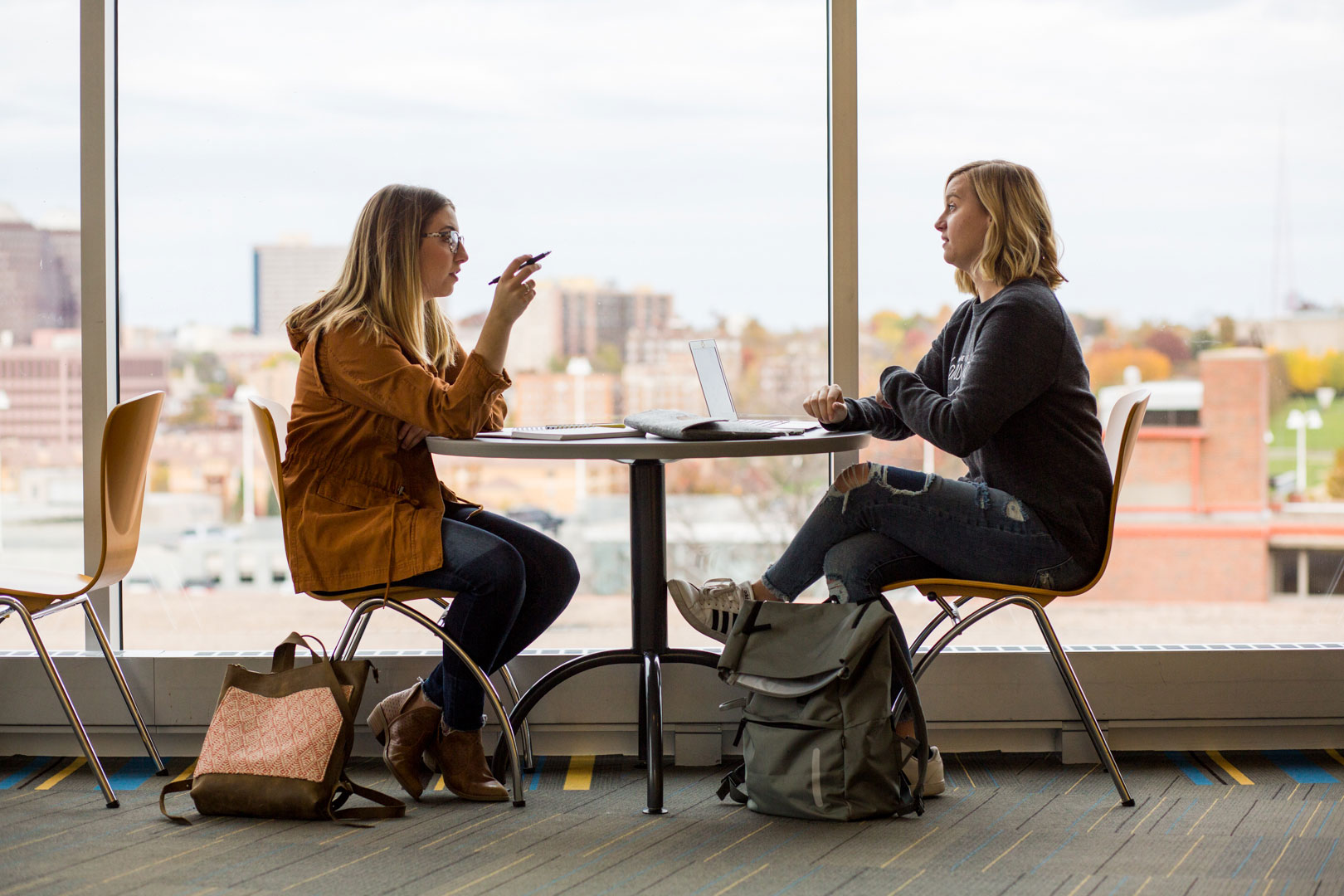
The Peer Observation Program (POP) is designed to promote teaching development through creation of a collaborative partnership between the faculty member being observed (the Observee) and a trained Observer.
Modeled after the Cycle of Peer Observation as discussed in O'Leary, M. (2020), Classroom observation: A guide to the effective observation of teaching and learning, the Observer and Observee work together through the POP process, which allows the Observee to take responsibility and ownership for their own development. The program includes a class observation, guided self-reflection questions and focused conversations between the trained Observer and Observee.
As an Observee, an assigned Trained Peer Observer will observe a class for input and guidance on specific areas in need of development. Participants will engage in discussion, exchange ideas, and develop new skills or strengthen existing ones.
With a developmental focus, versus evaluative, observees are encouraged to be self-reflective and take ownership of all steps in this process.
The role of the Observer is to be just that, an observer of a classroom. They have been trained to detach observation from evaluation. The Observee can expect them to ask questions about their classroom observations to help reflect on their work and drive development as an educator.
Additionally, the Observer will be responsible for facilitating reflective conversations centered around a specific area of focus identified by their colleague. As the focus of this program is formative, and not summative in nature, the Observer will be tasked with asking thought-provoking questions and making factual observations (not subjection evaluations) from their classroom visit to guide their colleagues’ self-reflection on teaching practices and development.
The Observee application for Spring 2025 is NOW OPEN!
CAFE is seeking 20 faculty who would like to have one of their classes observed by a trained colleague. Observations for Spring 2025 will take place through March and April 2025.
On this page
Peer observation can provide an additional input about your teaching in addition to the regular end-of-the-semester course evaluations completed students. There are many benefits to regular engagement and discussion with peers about teaching, such as:
All Observers will attend a training hosted by CAFE to become peer observers. Trained Observers will then participate in the Peer Observation process with a fellow Observer - both in the role of the Observer and the Observee. Following this cycle of Peer Observation, trained Observers will be paired with a colleague who wants to be observed with these official observations taking place at some point in either the fall or spring semester (at a date mutually determined by the Observer and Observee).
Both parties will partake in two rounds of observations:
Observees can choose to identify a specific area of focus for their observation or ask for a more generalized observation. Observees will have selected up to three trained Observers they think would be the best match to serve as their observer. The CAFE team will make 6 final pairings between Observers and Observees.
Observees will select up to three Trained Peer Observers they think would be the best match to serve as their observer and final pairings will be made by the CAFE Team.
Once paired, Observers will provide Dr. Turla with the dates of the pre-observation meeting, class observation, and post-observation meeting. No other information will be shared with anyone other than the Observee and it is up to the Observee to share (or not share) information developed during the POP process. While an Observee might choose to use their answers to the reflection questions and/or SMART goals as part of their annual evaluation, promotion packet, etc., that decision is entirely up to each Observee.
Both observers and observees from the pilot program agree that the main benefits of the Peer Observation Program was learning through collaboration!
Dr. Karyn Turla is a 2024-25 CAFE Fellow and leads the Peer Observation Program.
Please contact Dr. Turla with any questions or concerns about the program or process.
Karyn Turla, Ph.D.
Teaching Professor
Division of Biological & Biomedical Systems
School of Science & Engineering